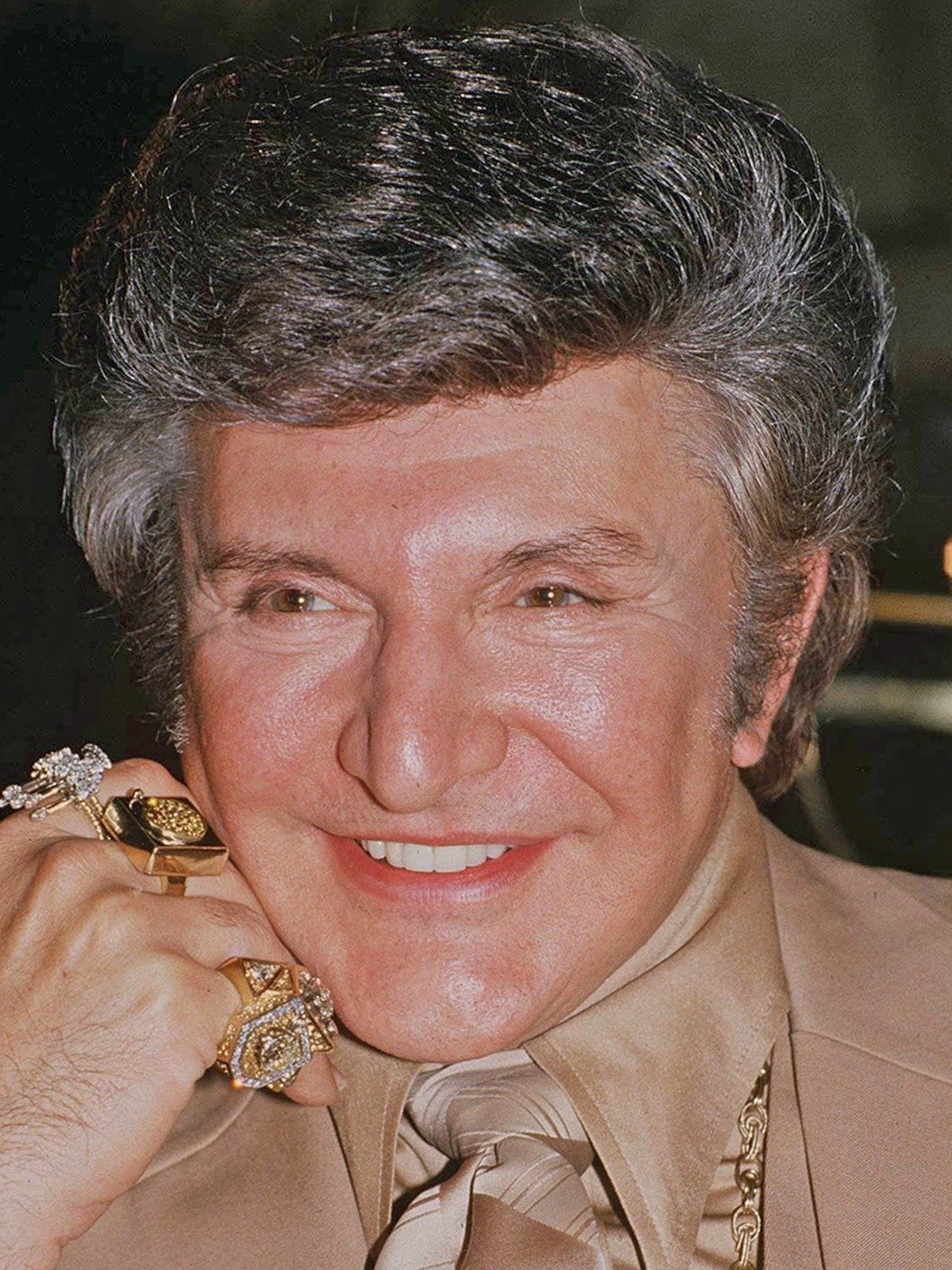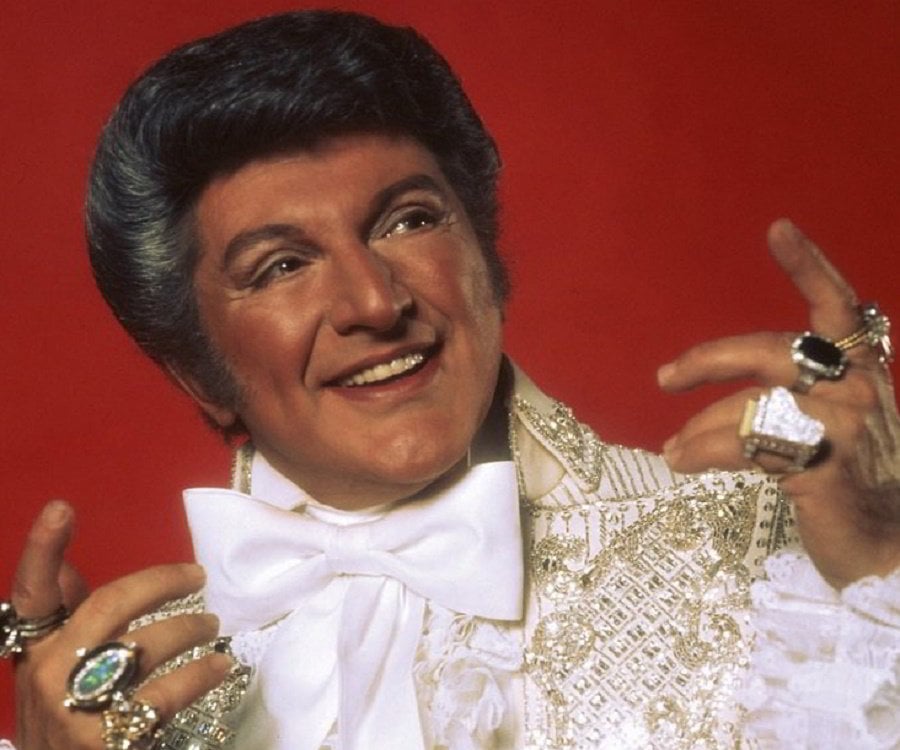Is it possible for a musician to become a global sensation not just for their talent, but also for their extraordinary stage presence? Liberace, born Wladziu Valentino Liberace, proved that dazzling showmanship, a blend of classical and popular music, and a wardrobe that screamed extravagance could indeed create a lasting legacy.
From the Chrysler Festival in 1957, where he performed the "Piano Roll Blues" and Strauss, to the dazzling Las Vegas stages, Liberace captivated audiences. His name, pronounced \[\u02ccl\u026ab\u0259\u02c8r\u0251\u02d0t\u0283i], became synonymous with flamboyant performances and a unique blend of musical genres. He wasn't just a pianist; he was a showman, an entertainer who understood the power of image and the allure of spectacle. He created an intimate rapport with his fans that transcended his flashy stage clothes and ostentatious style.
| Category | Details |
|---|---|
| Full Name | Wladziu Valentino Liberace |
| Born | May 16, 1919, West Allis, Wisconsin |
| Died | February 4, 1987, Palm Springs, California |
| Nationality | American |
| Parents | Rudy Liberace (Italian), Frances Liberace (Polish) |
| Known For | Pianist, Singer, Actor, Entertainer |
| Musical Style | Classical, Popular, Showmanship |
| Notable Achievements | Appeared as soloist with the Chicago Symphony Orchestra at age 16. Hosted a popular television show. Sold out performances worldwide. |
| Spouse | Liberace never married. |
| Legacy | Iconic entertainer known for his flamboyant style and musical talent. |
| Reference | IMDB |
Liberace's journey began in West Allis, Wisconsin, where he was born to Polish and Italian immigrant parents. He began playing the piano at a young age, a skill that would become the cornerstone of his extraordinary career. He showed an interest in all things beautiful even as a teenager. His mother, Frances, pushed him to practice rigorously. By the age of six, he could play classical pieces from memory, showcasing a prodigious talent.
- Express Your Heartfelt Love Long Love Letters From The Heart For Her
- Discover The Striking Resemblance Meet Janet Jacksons Son
The young Wladziu Valentino Liberace initially used his full name but soon shortened it, a strategic move that mirrored the career trajectory of many performers, including the renowned Ignacy Jan Paderewski. The name "Liberace" itself became a brand, instantly recognizable and associated with glamour and musicality.
His early career involved performing in clubs in Wisconsin to make money during the Great Depression. However, it was his flamboyant stage presence and unique style that would set him apart. He understood that image was as crucial as talent, and his performances evolved into a spectacle of glittering costumes, candelabras, and ornate pianos. His performances were not just concerts; they were immersive experiences.
Liberace's career spanned concerts, recordings, movies, television, and endorsements. He became a regular on television, further expanding his reach and solidifying his status as a household name. He had a long and successful career, a testament to his talent and his ability to connect with audiences. However, controversies also swirled around his personal life, particularly the denial of his homosexuality, something which was a taboo during his time.
- The Maverick Musician A Deep Dive Into The World Of John Lydon
- Jonathan Gilbert A Comprehensive Biography
His legacy extends beyond music and entertainment. The Liberace Museum, originally located in Las Vegas, housed his extravagant costumes, pianos, and other memorabilia. The original contents of the Liberace Museum in Las Vegas continue to be owned and managed by the Liberace Foundation, and exhibited around the world, a testament to the enduring appeal of his persona.
In 1982, Scott Thorson, who had been dismissed by Liberace, filed a $113 million lawsuit, including a "palimony suit," adding another layer of complexity to the narrative. This legal battle further complicated his image, though he was already grappling with questions about his personal life, adding a layer of complexity that contrasted with the carefully constructed public persona.
Liberace's life was also explored in the 2013 American biographical comedy-drama film Behind the Candelabra, directed by Steven Soderbergh. The film, based on the 1988 book of the same name by Scott Thorson and Alex Thorleifson, offered a more intimate view of the entertainer's life and relationships, further cementing his place in popular culture.
He was a cultural phenomenon whose image is still recognizable today. His contributions continue to be explored through various media, including documentaries and biographical works. He was also known for his generosity, leaving various sums of money and items to his sister, dogs, manager, companion, and maid. However, an ugly legal battle began when Ina Liberace, Lester Liberace, Harry Liberace, and Rudolph Liberace Jr., all children of his brother Rudy who had passed 20 years prior, were left out of the will, which added a layer of complexity to his legacy.
Liberace's story is a testament to the power of showmanship, the impact of carefully crafted public image, and the enduring appeal of talent and charisma. His name is not just associated with music; it's linked with a specific era of entertainment where extravagance reigned, and audiences were eager to be dazzled. He died on Wednesday at his home in Palm Springs, but the world still remembers him.


